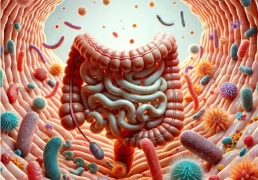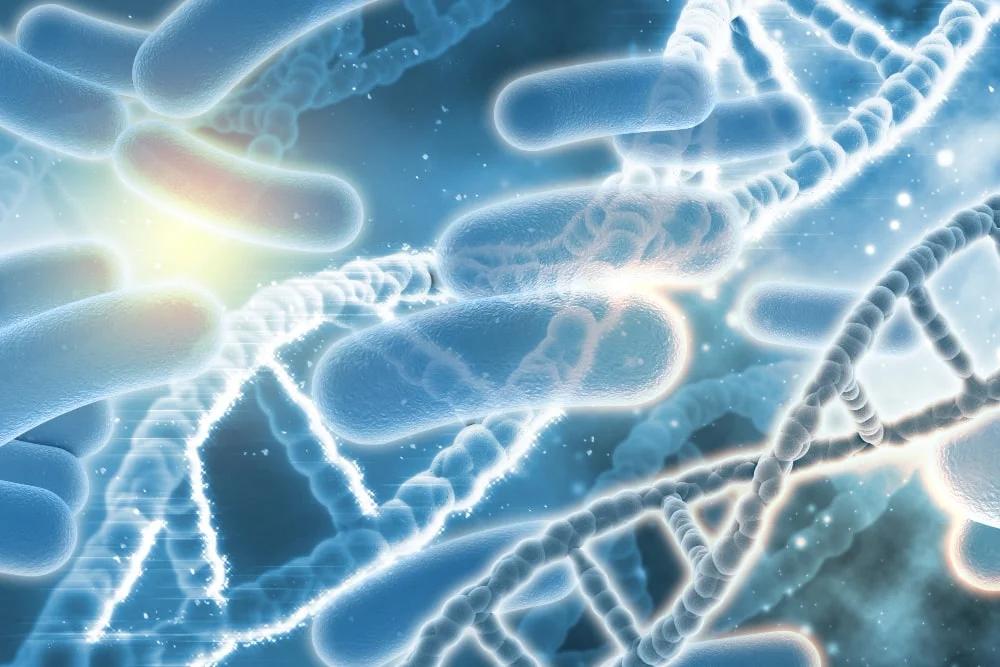
Personalized Diet
- Personalized Diet
- What is a Personalized Diet?
- What are the Differences of Personalized Diet from Other Diet Applications?
- What are the Stages of Personal Diet Application?
- What are the Advantages and Disadvantages of Personal Diet Application?
What is a Personalized Diet?
A personalized diet is a diet program designed according to individual health status, age, gender, activity level, metabolic rate and personal goals. This diet program is specially designed according to the characteristics of the person and helps the person to maintain a healthy lifestyle.
Personalized diet programs are prepared by a dietitian or nutritionist. A personalized nutrition plan is created by taking into account factors such as the person's health status, eating habits, age, gender and goals. This nutrition plan contains the necessary nutrients to meet the needs of the person and is arranged in accordance with the metabolism of the person.
A personalized diet program is prepared by taking into account the person's body weight, body fat percentage, muscle mass and metabolic rate. This diet program can be specifically designed for goals such as developing healthy eating habits, weight loss or gain, improving sports performance, or treating certain health problems.
Personalized diet programs can provide more effective results as they are tailored to individual needs and goals. However, the success of such diets depends on the disciplined application of the person. Also, it's important to talk to a dietitian or nutritionist if there are any health concerns.
What are the Differences of Personalized Diet from Other Diet Applications?
A personalized diet differs from other dietary practices because it is designed according to the individual's needs, health status, age, gender, activity level, metabolic rate and personal goals. Other diet apps often offer uniform eating plans and use the same template for everyone.
A personalized diet takes into account the body composition of the person and regulates the nutrition plan according to the person's metabolic rate. Therefore, it ensures that the person gets the nutrients they need and that their body works properly.
In addition, a personalized diet offers a nutrition program that is suitable for one's lifestyle. It is adjusted in a way that is not compelling to change the person's eating habits. Other dietary practices are often followed very strictly, which can affect a person's quality of life.
As a result, a personalized diet is a nutrition program that is specially designed according to the individual needs of the person. This diet program, unlike other diet applications, is designed in accordance with the health status, lifestyle and goals of the person. Therefore, a personalized diet can provide more effective results and help a person maintain a healthy lifestyle.
What are the Stages of Personal Diet Application?
The stages of a personalized diet can be as follows:
- Health Status Assessment: In the first stage, factors such as the person's health status, medical history, lifestyle and dietary habits are taken into account. A blood test is required for this. According to this analysis, parameters such as vitamin deficiency and cholesterol level are determined. A diet list is created according to the results of this analysis.
- Measurement of Body Composition: Factors such as the person's body weight, body fat percentage, muscle mass and metabolic rate are measured. This helps to create a nutrition plan that suits the person's metabolism and needs.
- Preparation of Nutrition Plan: A personalized nutrition plan is prepared. This nutrition plan is designed around factors such as a person's health status, lifestyle, activity level, and personal goals. This plan should include the amounts necessary to meet the nutritional needs of the person.
- Implementation of the Nutrition Plan: The prepared nutrition plan is started to be implemented by the person. The person should follow the instructions given by the dietitian or nutritionist. This ensures the successful implementation of the plan.
- Monitoring and Evaluation: In the last stage of personalized diet, the progress of the person is monitored and evaluated. This is done to check if the person has followed the diet plan properly. In addition, how close the person is to their goals is also evaluated and the nutrition plan is rearranged if necessary.
These stages serve as a general guide for a personalized diet. However, since the needs of each person are different, the stages of implementation may also vary individually.
What are the Advantages and Disadvantages of Personal Diet Application?
The advantages and disadvantages of a personalized diet can be summarized as follows:
Advantages:
- Suitable for individual needs: A personalized diet is designed in accordance with the individual needs and health status of the person. This can make the person lose more weight or gain weight in a healthy way.
- More effective results: Personal diet application can give more effective results than other diet applications. This is due to the fact that a person's nutrition plan is designed entirely according to their needs.
- Beneficial for health: Personal diet application is designed in accordance with the health status of the person. As such, it may provide benefits for issues such as heart health, blood sugar levels, cholesterol, and other health factors.
- Sustainable in the long term: The personalized diet is designed in accordance with the individual's lifestyle. Therefore, it may be more sustainable in the long term than other dietary practices.
Disadvantages:
- More costly: A personalized diet may be more costly than other diets. Therefore, it can be financially challenging for some people.
- Longer application period: Since the application of a personalized diet is designed according to the individual needs of the person, it may require a longer application period than other diet applications.
- Counseling need: A personalized diet should be designed by a dietitian or nutritionist. Therefore, there may be some factors that may affect a person's access to counseling services.
- Difficulties in daily routines: The personalized diet should be designed in accordance with the daily routines of the person. However, for some people this may be difficult and they may experience difficulties during application.
In summary, the advantages of a personalized diet may be greater than other dietary practices. However, there are also disadvantages and should be evaluated according to the individual situation of the person.





